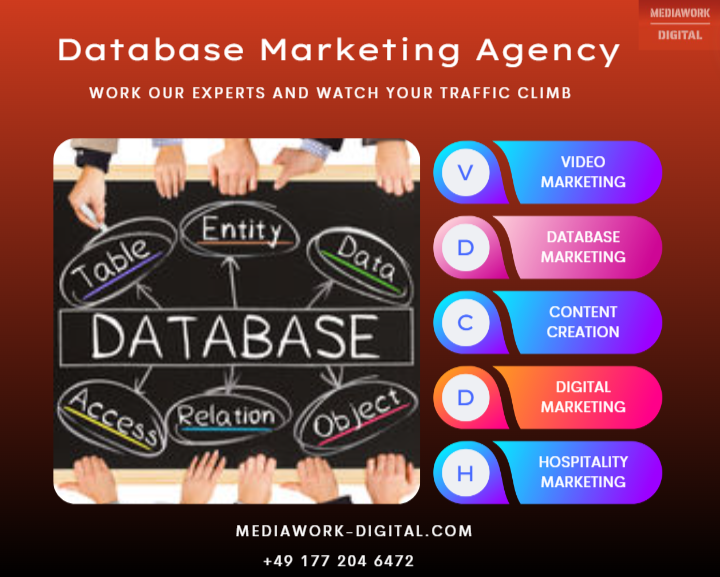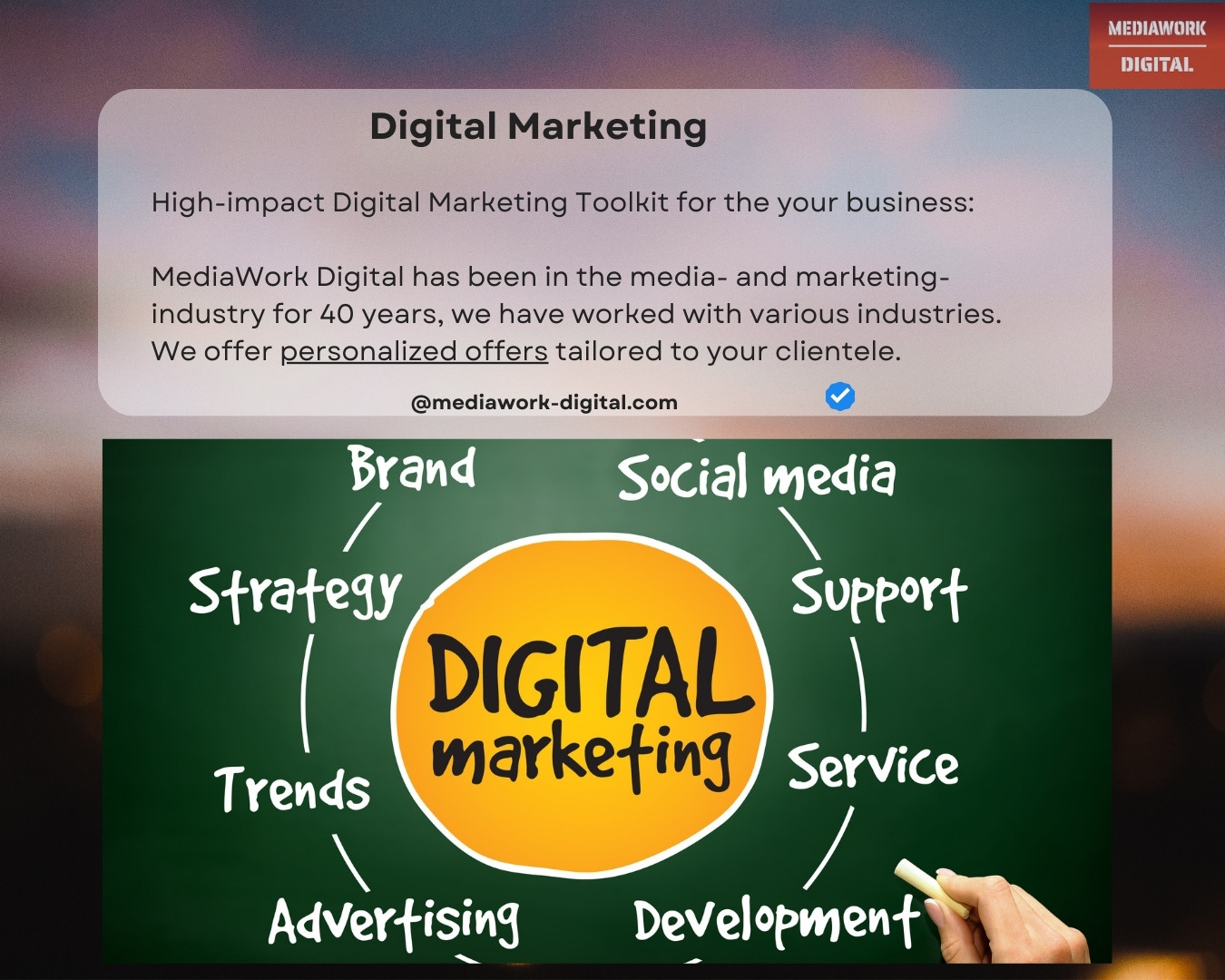- welcome@truestorylodge.com
- WhatsApp: +254 769 735309 - Moi South Lake Road - Naivasha, Kenya
Database Marketing
In today’s digital-centric marketplace, visibility is not just about being seen; it’s about being remembered.
Countless businesses leverage social media to boost their visibility and engagement, targeting diverse audiences across platforms. However, this approach carries inherent risks. Platforms evolve, algorithms shift, and user behaviors change.
More critically, what happens if a platform where you’ve built a substantial following suddenly disappears or changes its rules dramatically? This potential volatility underscores the need for a more stable, controlled method of managing customer relationships: database marketing.

Understanding Database Marketing
Database marketing stands as a robust strategy involving the systematic analysis of collected data to tailor and optimize marketing efforts.
This approach allows businesses to move beyond generic marketing messages to personalized interactions, fostering stronger connections with customers.
It’s about understanding the unique preferences and behaviors of individual customers and engaging them with the right message at the right time, through the right channel.

The Benefits of Database Marketing
The advantages of database marketing are manifold:
- Increased Efficiency: By targeting specific segments, companies can allocate resources more effectively and yield higher returns on marketing investments.
- Enhanced Customer Loyalty: Personalized experiences are more likely to satisfy customers, leading to increased loyalty and lifetime value.
- Higher Conversion Rates: Tailored marketing increases the likelihood of conversion by presenting customers with offers and products that align with their individual needs.
Implementing Effective Database Marketing Strategies
Gathering Relevant Data: The foundation of effective database marketing is relevant, high-quality data. For businesses, especially online retailers, collecting detailed customer data can unlock insights into buying behavior and preferences, which can be used to refine marketing efforts.
Segmentation of Customers: At its core, segmentation involves dividing a customer base into groups that share similar characteristics. This could be based on demographics such as age, gender, and location, or behavioral data like purchase history and brand interactions. Effective segmentation allows companies to personalize their communications and offers to align with each group’s specific needs and preferences.
Advanced Techniques in Segmentation:
- B2B and B2C Segmentation: In B2B settings, segmentation might focus on industry-specific needs or decision-making roles within a company. For B2C, the focus might shift to lifestyle or consumer behavior patterns.
- Dynamic Content Personalization: Utilizing data to dynamically personalize content in real-time can significantly enhance engagement and conversion rates.
- Predictive Analytics: Leveraging machine learning algorithms to predict future buying behaviors based on historical data can dramatically enhance the timing and relevance of marketing campaigns.

Strategies for Building and Maintaining a Robust Marketing Database
- Continuous Data Collection: Encourage ongoing customer engagement through interactive content, feedback forms, and social media engagement to keep your database fresh and relevant.
- Regular Data Audits: Regularly clean your database to remove outdated, incorrect, or redundant data, which can skew marketing analysis and decisions.
- Compliance with Data Privacy Laws: Ensure your data collection practices comply with GDPR and other privacy regulations to build trust and protect your business from legal repercussions.

In conclusion, database marketing is not just a tactical tool but a strategic asset in the digital marketing arsenal. It empowers businesses to create meaningful, personalized interactions that not only boost sales but also build lasting customer relationships.
As digital landscapes continue to evolve, the importance of database marketing will only grow, making it a critical practice for any forward-thinking business.
